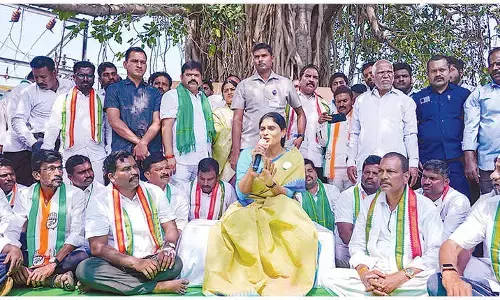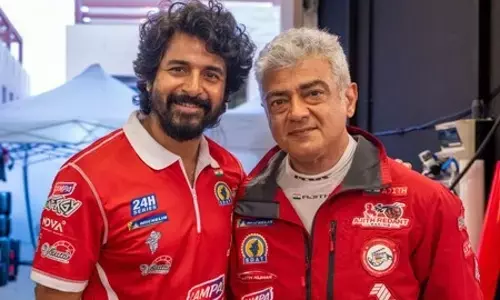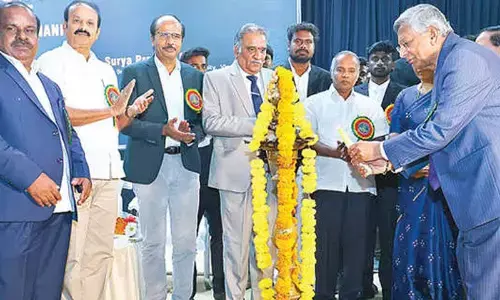Tips for writing a student resume after graduation

Tips for writing a student resume after graduation
A fresh college graduate usually does not have worthwhile work experience to include in his/her resume
A fresh college graduate usually does not have worthwhile work experience to include in his/her resume. However, they can still craft a strong resume by focusing on showcasing their potential and their competence to employers. This can be done in numerous ways but let's look at the most effective methods by which a college grad's resume can be made impressive and effective.
The most crucial guideline to keep in mind is to keep your resume short and concise. It should be no longer than one page unless you have an exemplary career trajectory to represent on that document. Employers/recruiters prefer reading crisp resumes that are direct and to the point.
As a freshman of the workforce industry, you have to bank on your qualifications and your skill sets to bring you your very first job opportunity. So the other most important thing to remember while drafting your first resume is to emphasize on your educational background. At this point you will have more credentials related to your target job as a student, than as a professional, so make sure you present it in a well laid out tabular format.
There's no doubt that a well written resume attracts the attention of companies and recruiters, sells your talent, aptitude and strongest skills and shows that you're a good potential employee to have on board for a position or project. So position yourself as a skilled resource, identify your plus points and sell them well and highlight your achievements.
Don't write a generic resume for all the opportunities you are considering. Carry out an extensive research that will help you be more precise in terms of organizations you wish to target. Then, to match your career objectives and qualifications to your potential employers requirements, you must focus on identifying your potential employers' needs and the eventual career pathway you wish to carve.
Now it's also important to understand what to NOT include in the resume. Leave out the information that is not relevant to the job. For example, if you're applying for an IT job, the award you won for horse riding is irrelevant. Don't include hobbies and personal interests if they are not directly related to your field of work.
Once the content of your resume is in place, focus on structuring your resume and while you do so, ensure that you include sections like-
Personal contact details
Objective
Educational Background
Work experience
(this can include internships or volunteering assignments)
Soft skills and other relevant proficiencies
Most people can't comprehend the importance of soft or transferable skills. Some fail to even identify them. It is important now, more than ever, to understand the skill set you possess so that you can be as prepared as possible for the evolving job landscape and hold a competitive advantage over other candidates during the job search process. Including these in your resume help to fill the void of a work experience to a certain degree.
Other important details to include when you don't have work experience is relevant coursework, scholarships, awards that you may have received through your academic journey.
After your resume is ready, the next step is to get it into the hands of people who can hire you, or influence hiring decisions. You may contact employers directly, establish connections through networking, or search on the web for opportunities.
In order to market your resume effectively, you need to also write impressive cover letters, start networking on LinkedIn and other relevant social media platforms and post your resume across job search sites like Monster.com, glassdoor.com, Naukri.com, etc
Also remember formatting is as important as the content so make your resume look as professional as possible. Clear, crisp writing with appropriate font style and size will help in achieving this. Spotlight the important details with bold, italics or upper case font. Fill up the document with powerful keywords, and tell a concise story that describes your strengths and professional qualities all while being visually attractive with an elegant, professional design.
(The author is a founder and CEO of Kool Kanya)

















